Photo: Beau Creep @ ADA’s Feats Festival ’18 during MAN UP!‘s Feats of Burlesque | Marc J Chalifoux Photography
Defined by bodies in motion, often in contact with others and being presented to audiences, the importance of safety in dance cannot be overstated. Not only while dancing and while in spaces where dance occurs but in the very culture of dance as art, activity, entertainment, and an expression of one’s humanity. The dimensions of safety in dance extend beyond the physical body, we must embrace dance safety and safe spaces wholistically, wherein all aspects of a person must be respected, from children to seniors, from studio to stage and everywhere in between.
The ADA gathered resources from dance, theatre, and film for you here, to learn more about what is being done in Alberta and other areas to address the question of Safe Spaces. Many of these guides and ideas are immediately adoptable as part of your dance practice and behaviour to help ensure the safety of yourself and others. If you are in need of assistance with an issue of Safe Spaces, have some recommended content for this page, or are unsure of how best to proceed with a concern regarding your safety or the safety of others, please contact our office.
Statement from Dance Service Organizations
All dance artists, students, and workers need safer spaces. We recognize the existing cultures that endanger our communities, including sexual harassment, abuses of power, cultural insensitivity and disrespect, systemic racism, and power structures entrenched in colonial ideologies. We stand together in avowing these structures need to change.
We collectively acknowledge the systemic and pervasive power imbalances that exist in the dance sector. Within these dynamics, members of marginalized arts groups are particularly vulnerable to abuse, harassment and discrimination – women; Indigenous peoples; people of colour; people who are Deaf, disabled, and/or live with chronic or mental illness; people on the LGBTTIQ spectrum; 2Spirit people; and other equity-seeking people.
The power imbalances that structure the economies and ecologies of dance are made more complex by the ever-shifting needs and experiences of bodies in motion. Dance involves touching and intimacy, it implicates the surfaces where our bodies meet others. It necessarily includes the sensory memories, physical boundaries, and embodied feelings of all those who participate in making it. In this complex terrain, consent and safety are of the utmost importance. We must recognize that no space can currently be considered entirely safe for everyone, but it is essential that we work diligently to make the spaces where we meet and dance safer, especially for marginalized bodies. Safer spaces and greater trust between dance practitioners facilitate artistic freedom and the capacity to take artistic risks in a manner respectful of all bodies. In the long term, we acknowledge that safer spaces need to be maintained, and processes re-evaluated consistently to ensure they continue to support healthy working environments.
We need to change the culture of dance that allows for one artist, choreographer, or director to have unequivocal power. We need to address working dynamics wherein employers or employees can disrespect the rights of their colleagues. We will encourage policies and reporting procedures in every studio and office across the country, and make qualified intervention and mediation available to all. We are committed to shifting how our milieu understands individual responsibility and collective accountability, in ways that enable all dance workers to feel heard, protected, and supported.
We are working towards the development of incident reporting tools, anti-harassment clauses for engagement contracts, resources of qualified equity interveners/mediators, and a network of service organizations that can support independent artists and company members in resolving incidents of harassment.
We are also fostering change in board and leadership composition to ensure that equity-seeking communities are purposefully engaged in agenda-setting and decision-making positions within the sector. Only by centering those who have been – and continue to be – marginalized by our current structures, can we generate arts spaces that are truly equitable for all.
In solidarity: The Dance Centre, CADA/West, Alberta Dance Alliance, Dance Saskatchewan, Dance Manitoba, Dance Ontario, CADA-ON, Dance Umbrella of Ontario, Dance Collection Danse, Dancer Transition Resource Centre, Healthy Dancer Canada, The CanDance Network, Dance Nova Scotia, DanceNL

“The Canadian Dance Assembly has zero tolerance for harassment in Canadian dance – and we want to move beyond statements to action. CDA is working closely with its sister service organizations on sector-wide policies, standards, and expectations related to anti-harassment. As a result, we are developing: incident reporting tools, policy reviews, and a network of dance service organizations that can help independents and company members who want to report harassment.”
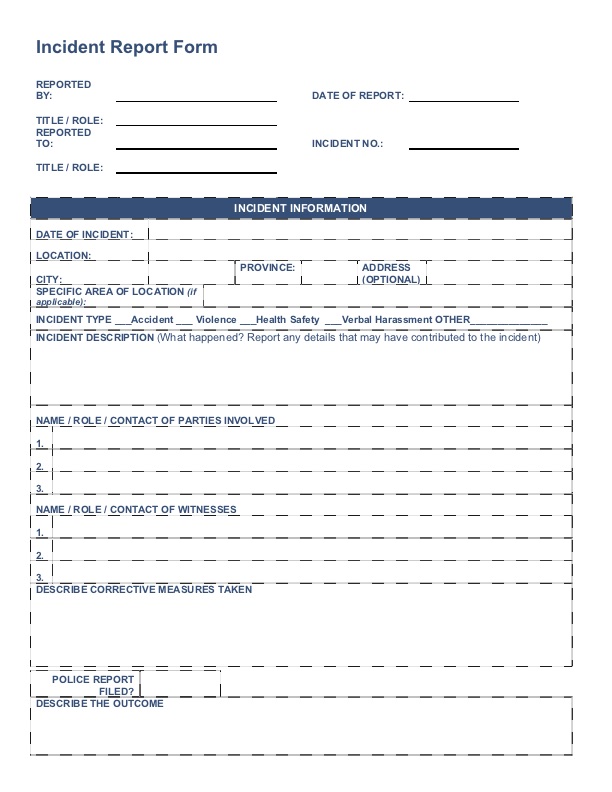
Download an incident report template from the Canadian Dance Assembly.

“Respectful Workplaces in the Arts is a national campaign to build a sector-wide culture of fairness, dignity and respect. Let’s work together to shape safe and healthy work environments, free from all forms of harassment.”
Canada Council for the Arts – Respectful Workplaces in the Arts
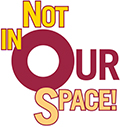
“Not in OUR Space! is a national anti-harassment and respectful workplace collaboration campaign developed by Equity which seeks to ensure healthy and productive working conditions for all professionals working in live performance across the country.”
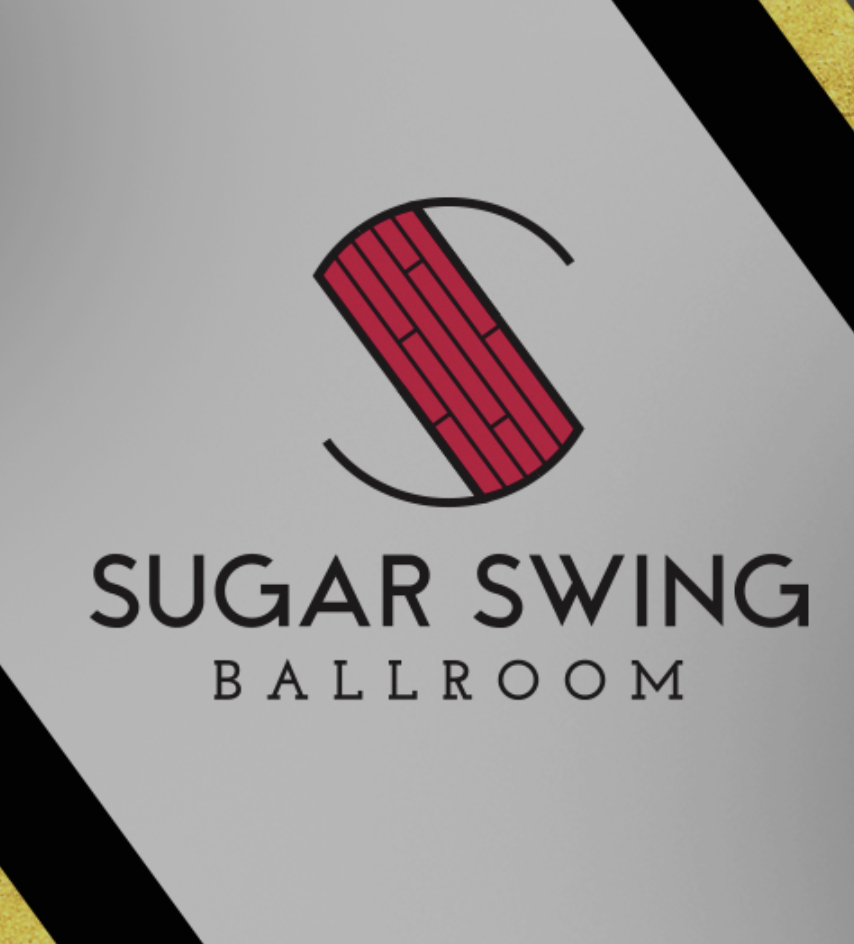
“Our Code of Conduct is how we carry out our vision. This code guides our actions and principles in order for us to create a safe place for partaking in any service that we may provide. Outlined below are the specifics on how dancers and patrons should conduct themselves at any Sugar Swing class, dance social, event, rehearsal, practice, or service offered by us.”
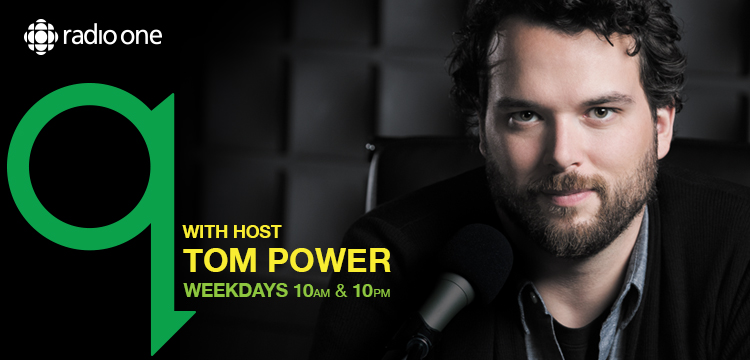
“Filming sex scenes may be part of the job, but they can leave an actor feeling exposed and in some cases violated. That’s why, in the wake of #MeToo, HBO has hired its first-ever “intimacy co-ordinator” to protect actors during sex scenes.
Alicia Rodis joins Tom Power live from New York to talk about her unique role advocating for actors on set, which involves everything from reviewing their scripts to providing knee pads and flesh-coloured thongs.”
CBC Radio – Interview with intimacy co-ordinator Alicia Rodis

“Much of sport is organized by sex or gender; however, not every athlete fits into or identifies with the binary of male and female. As an advocate for sport that is fair, safe and open, the CCES has developed resources for the Canadian sport community to provide information and guidance for the inclusion of trans athletes, and to make Canadian sport a positive space for all athletes.”

“In addition to providing athletes with sport-specific skills, coaches are also in a unique and privileged position of power. The movement aims to protect athletes and coaches from unethical and illegal behaviour through the implementation of measures such as the Rule of Two, background screening (e.g. police record checks) and respect and ethics training.”
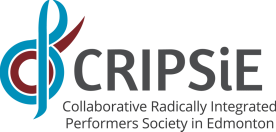
“This document shares what we tried, and what we
learned, when working to produce an accessible relaxed performance. It is based on our experience with
CRIPSiE’s self-produced show “Careful” on November
18th and 19th, 2016.”